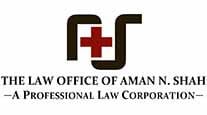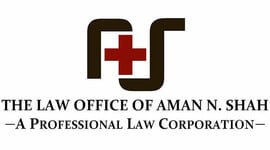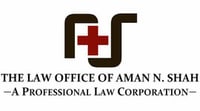Falls are a common form of personal injury accident. It is not uncommon for a California resident to slip, trip, or stumble over something that they did not see in their path. Sometimes, these types of events are self-inflicted. Often, however, falls are due to the negligence of other parties.
When the victim of a fall suffers their accident on the property of another person, the property owner may be liable to the victim based on premises liability law. This post will discuss premises liability law in the context of personal injury accidents, but as with all posts on this blog, readers are asked not to interpret any of its contents as legal advice. Those who have questions about possible premises liability claims may take their inquiries to personal injury attorneys that they know and trust.
Elements of premises liability cases
When considering litigation based on a personal injury accident that occurred on the property of another person, there are a number of questions that a victim and their attorney may cover to determine the correct path to pursue. Those questions may include:
- Why was the victim on the other’s property?
- Where did the accident and injury occur?
- Was location of where the accident happened where the property owner invited the victim to be?
- What property conditions caused the victim to suffer their injury?
Falls are a common form of premises liability accident because there are many things, both inside and outside of properties, that can cause victims to lose their footing. Loose flooring, uneven ground, and even insufficient lighting can all contribute to painful and damaging accidents for victims when they visit the properties of others.
Steps to take after a fall on someone else’s property
As with all personal injury events, premises liability accidents can result in serious injuries. When a person suffers a property-related loss, they should seek medical treatment to ensure that their injuries are effectively managed. They can also choose to contact personal injury lawyers to seek out advice on how best to address their claims and pursue the compensation that they deserve.



